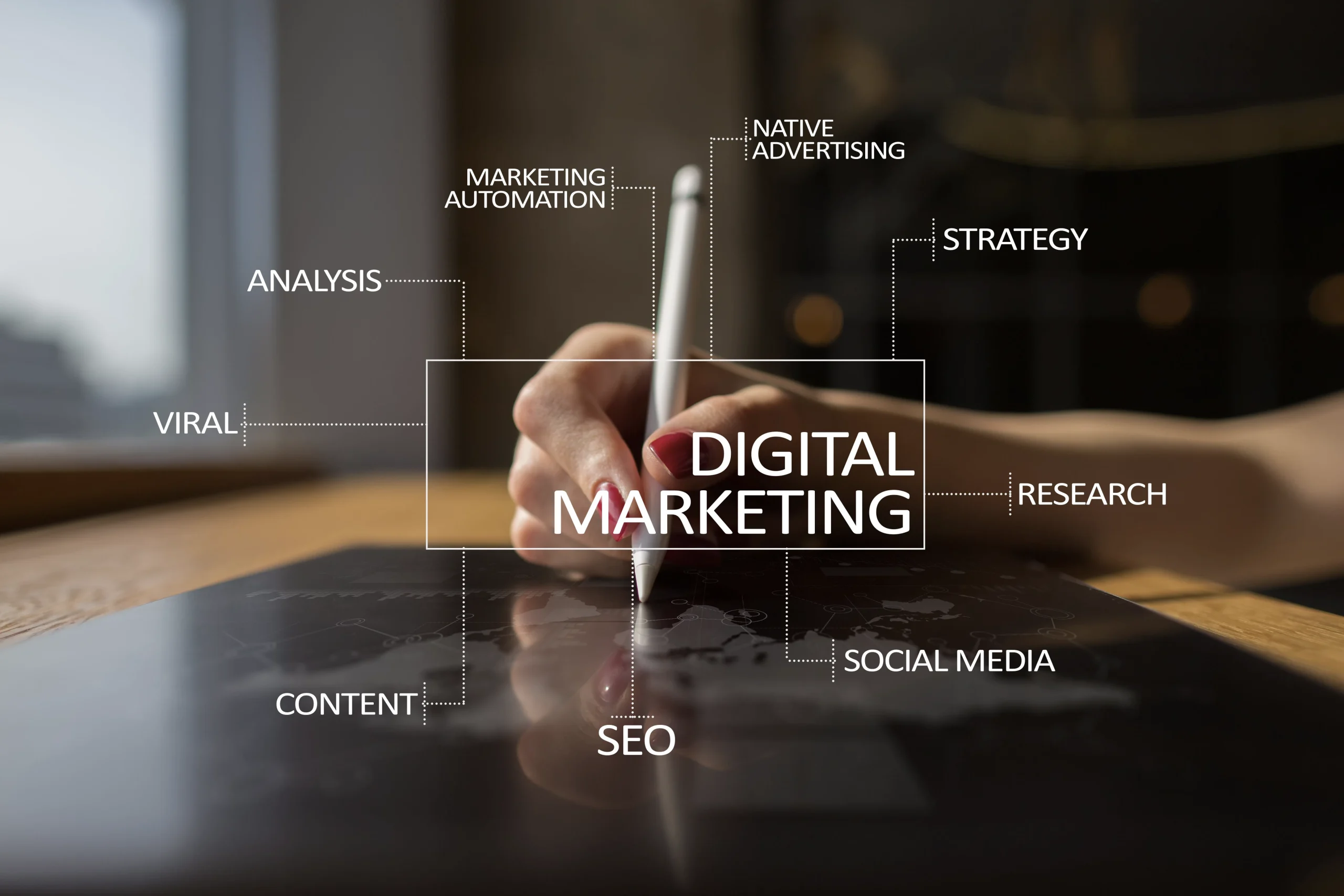When it comes to marketing for hotels, the question that arises is: how much should you invest?
This question is conceptually wrong because it assumes that marketing is a cost, whereas in reality it is a real investment. Consequently, the first thought I want to share with you, caro collega (dear colleague), is to be wary of all those who propose an investment without having defined the objectives to be achieved, which must be specific, measurable, attainable, relevant and time-based.
I am Giancarlo De Leonardo, a former hotelier (and restaurateur) and founder of carocollega.com, and my first objective is to clarify and break down the wall of mistrust towards hotel marketing that is unfortunately very frequent in the sector.
In this article I will try to answer a question that was buzzing around in my head when I was the General Manager of Poltu Quatu, a beautiful tourist destination in Sardinia that includes a Hotel, a Residence, a Tourist Port, some Restaurants, Bars and Shops.
The question was: how much to invest in marketing and how to be sure not to waste money?
Integrating a digital marketing plan into your hotel marketing strategy is definitely a results accelerator and, if done sensibly, can increase your turnover by hundreds of thousands, if not millions.
Why do I want to share the fruit of years of work with you? Because Caro Collega has a memorable goal: we want to help generate a movement of enlightened entrepreneurs who, through the marketing of their companies, will propel a tourist destination, a city or an entire nation to play a leading role in the international tourism scene.
And then if Tim Berners Lee invented the World Wide Web and will always be remembered for giving it to mankind, I like to think that I can help so many colleagues to clarify the doubts and overcome the anxieties that I too had in my years as a hotelier.
In this article
- How much to invest in Marketing?
- Traditional marketing and digital marketing
- A hybrid and experimental approach
How much to invest in Marketing?
I always like to start with a definition that is not found in textbooks or on the internet but is easy to understand: marketing is the salt of business. A dish without salt is a dish without drive and leaves no memory, while a pinch of salt can make a dish go from anonymous to unforgettable. Marketing is like salt: when it is not there, business hardly takes off, whereas when we develop a marketing plan, business is more likely to take off.
And if this is not the case, it is not always the fault of marketing but of those who boast of working in this field!
Once we have defined how important marketing is for any business, including hotels, let us try to understand to what extent.
Generally speaking, marketing expenses for any company, from those that charge a few tens of euros to those that charge billions like Coca Cola, can be quantified in a percentage of turnover ranging from 3 to 8 per cent. A figure that might seem disproportionate but encompasses a range of professions and activities.
A first distinction to be made is that between investments in traditional marketing and those in digital marketing, taking it for granted that everyone knows that the audience that is easiest to intercept is the one we find on digital.
For two reasons:
- Nowadays everyone has a smartphone in their hand and is ‘online’ for several hours a day, so it is not difficult in the masses to intercept customers who may be interested in our offer;
- In a digital environment we can reach every individual with a personalised advertising message.

Traditional marketing and digital marketing
Having said that, let’s see what traditional and digital marketing activities can be of interest to a hotel.
Traditional marketing:
- Print advertising: ads in local or regional magazines and newspapers;
- Radio and TV advertising: ads on local radio and TV stations;
- Direct mail: mailing to potential customers to promote special offers and packages;
- Flyers and brochures: creation and distribution of promotional material to advertise the hotel;
- Networking events: participation in trade or networking fairs to meet potential customers and promote the hotel;
- Sponsorships: sponsorship of local events or charities to increase the visibility of the hotel.
Digital marketing:
- Website: creation and maintenance of the hotel’s website, including design, development and hosting.
- SEO: search engine optimisation to improve the visibility of the hotel website on search engines such as Google.
- SEM: search engine advertising to increase traffic to the hotel website.
- Social media: Creation and management of social media profiles such as Facebook, Instagram, Twitter, YouTube, TikTok, Pinterest, Whatsapp, Messenger, Telegram to promote the hotel and interact with customers.
- E-mail marketing: Sending marketing e-mails to promote special offers and packages to the hotel’s mailing list subscribers.
- Content marketing: Creating and sharing professional videos/photos, complete with copywriting and storytelling;
- Affiliate programmes: Partnering with online travel agencies to promote the hotel and offer discounts and special packages to their customers.
A hybrid and experimental approach
It is clear that we should never take anything for granted so the initial advice is to study the target market, industry trends and competitors, then draw sketches of the customers we want to reach based on both socio-demographic and psychographic characteristics. Once we have drawn a sketch of the people we want to reach who might be most interested in our offerings we will decide how to intercept them and which tools to use between those of traditional marketing and those of digital marketing. That is why I called it a hybrid approach.
You also have to keep in mind that each type of Hotel will require you to have a different combination of traditional and digital marketing tools. In this regard, I encourage you to adopt, without any fear, the Deming cycle, a 4-step iterative management method that is used for process and product control and improvement.
- Plan (plan)
- Do (put into practice)
- Check (check)
- Action (Implement corrections).
If this iterative method works in innovative start-ups why not use it for Hotels as well?
In the second part of this article we will see how to work with a Dream Team of marketing professionals, the Network of Enlightened Entrepreneurs and the transition from marketing a Hotel to marketing an entire country.
Article written by Giancarlo De Leonardo, Former Restaurateur and Hotelier and Founder of carocollega.com

